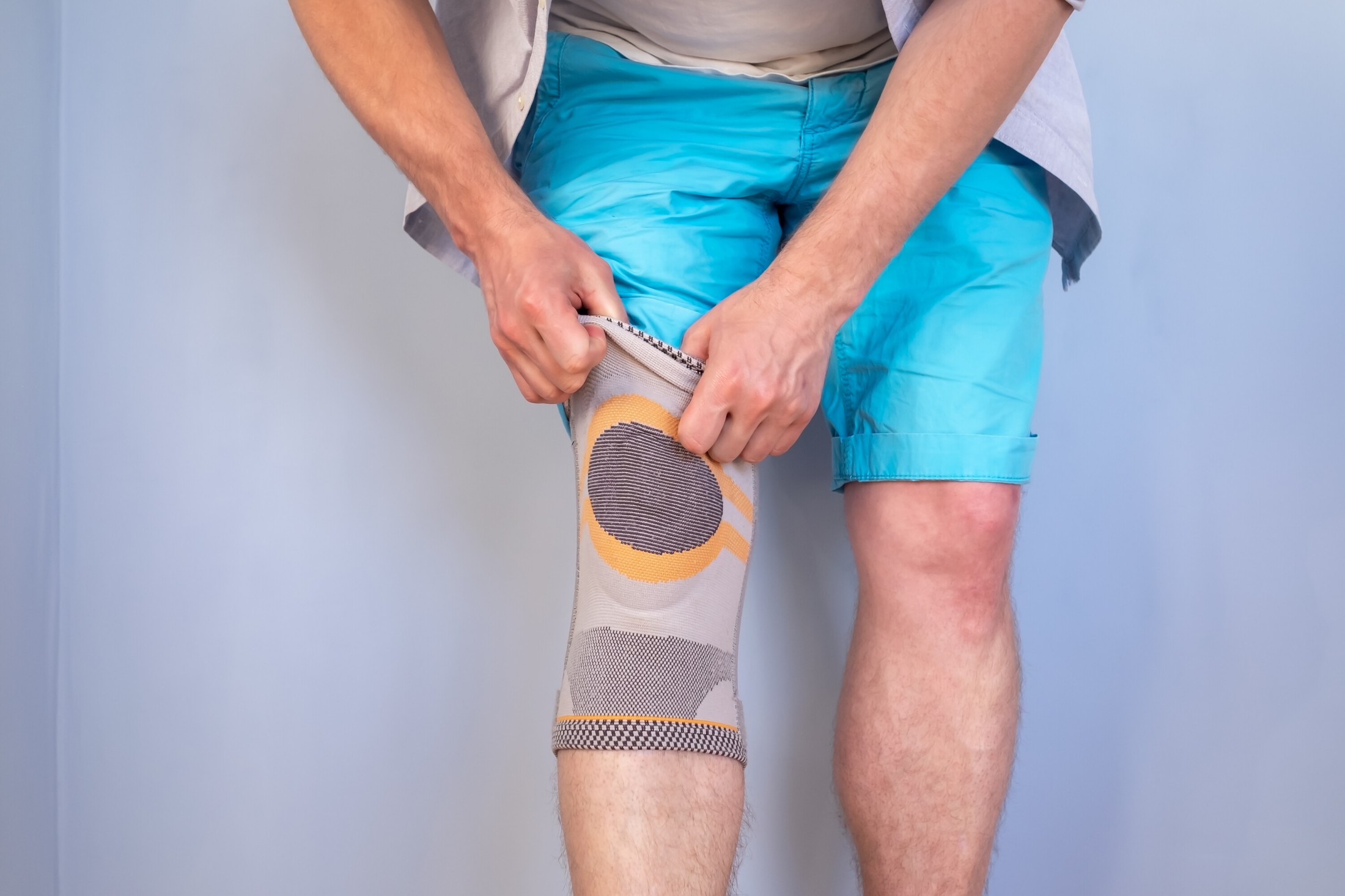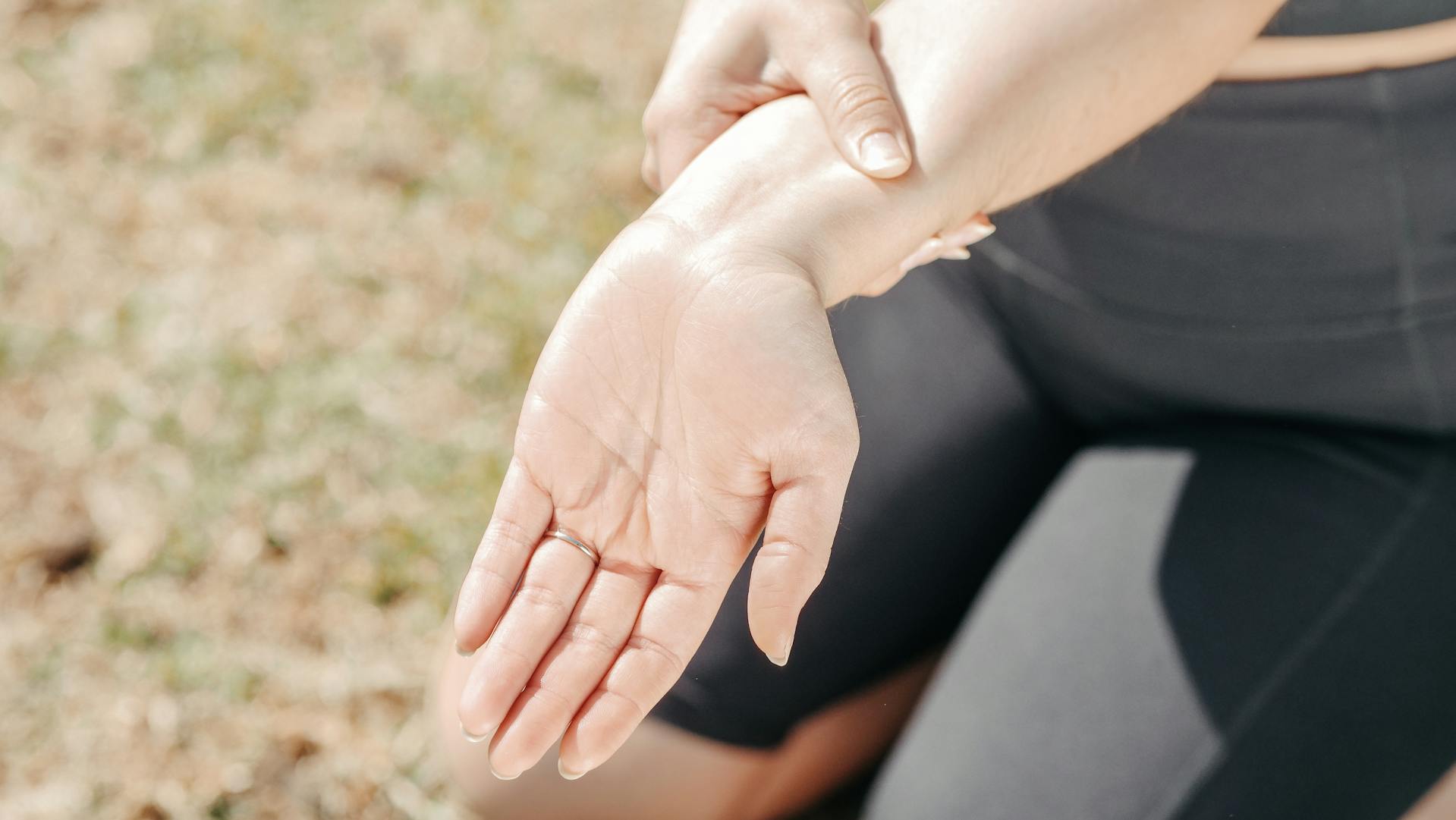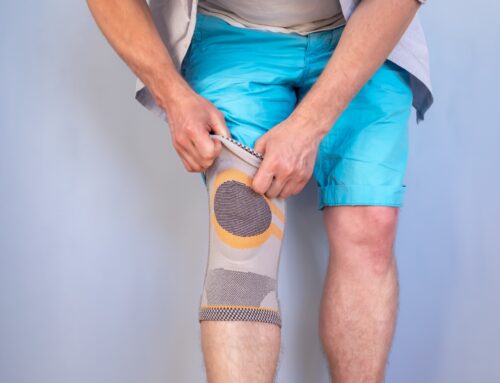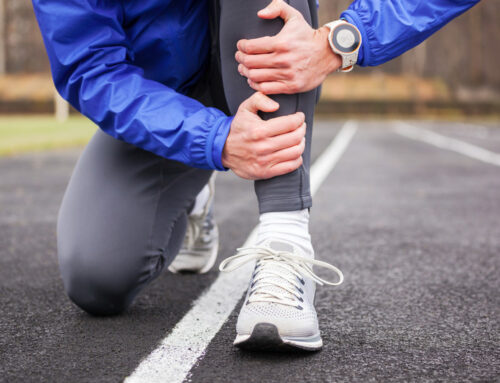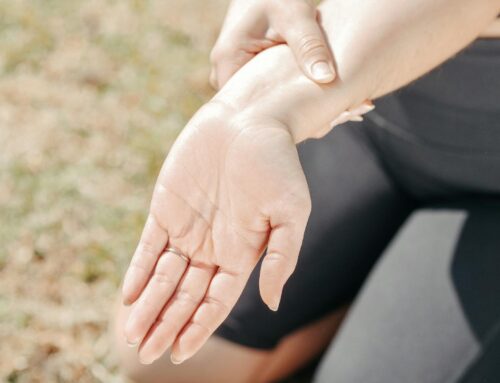Foot pain and discomfort are common problems affecting people of all ages, often caused by conditions like flat feet, plantar fasciitis, or improper footwear. For many, foot orthotics provide a practical solution, offering support, pain relief, and improved mobility. However, selecting the right type of orthotic is important to effectively addressing these issues.
When it comes to orthotics, there are two primary options: pre-made foot orthotics and custom-made orthotics. Both serve valuable purposes, but understanding their differences can help you choose the best fit for your unique needs.
What Are Pre-Made Foot Orthotics?
Pre-made foot orthotics, also called over-the-counter orthotics or prefabricated insoles, provide general foot support with a mass-produced, ready-to-wear design. Pharmacies, shoe stores, and online retailers commonly stock them, offering a convenient solution for people seeking quick relief from minor foot discomfort.
Common Uses of Pre-Made Foot Orthotics
Pre-made orthotics are typically designed for general support and are suitable for:
- Helping alleviate strain in people with low or neutral arches.
- Addressing foot pain caused by fatigue, prolonged standing, or walking.
- Providing additional padding and shock absorption to reduce stress on the feet.
Pros of Pre-Made Foot Orthotics
- Pre-made orthotics are budget-friendly and cost significantly less than custom-made options.
- They are available without the need for a prescription or professional consultation.
- Suitable for individuals needing immediate or temporary support for minor foot issues.
Cons of Pre-Made Foot Orthotics
- Pre-made orthotics follow a one-size-fits-most design and may not provide the exact support needed for unique foot shapes or conditions.
- While they offer basic relief, they may not address underlying biomechanical issues or long-term conditions like plantar fasciitis or flat feet effectively.
What Are Custom-Made Foot Orthotics?
Healthcare professionals, such as podiatrists or orthopedic specialists, prescribe custom-made foot orthotics to meet the specific needs of an individual’s feet. Unlike pre-made orthotics, they design custom orthotics based on detailed assessments of the person’s foot structure, gait, and medical history. These specialized devices deliver precise support and correction, making them ideal for managing long-term or complex foot conditions
Custom Fitting Process
Creating custom orthotics involves a thorough evaluation by a specialist to ensure the orthotic is tailored to the patient’s unique requirements:
- The process typically begins with a 3D scan, plaster cast, or foam mold of the patient’s feet, capturing their exact shape and contours.
- Specialists observe the individual’s walking pattern and analyze foot movement to identify abnormalities and pressure points.
- Based on the assessment, the specialist selects the appropriate materials (e.g., rigid, semi-rigid, or soft) and design features to provide optimal support and correction.
Pros of Custom-Made Orthotics
- Custom orthotics are uniquely designed for each patient, addressing specific conditions such as plantar fasciitis, flat feet, or high arches.
- They provide ongoing support, helping to alleviate chronic pain and prevent the progression of foot-related issues.
- Custom orthotics can help correct misalignments in the feet, improving overall posture and reducing strain on the knees, hips, and lower back.
Cons of Custom-Made Orthotics
- Custom orthotics are significantly more expensive than pre-made options due to the personalized design and specialized materials.
- They require a professional evaluation and prescription, which can add to the overall cost and time needed to obtain them.
Differences Between Pre-Made and Custom Foot Orthotics
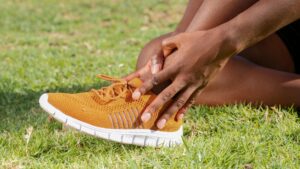
Level of Customization
Manufacturers design pre-made foot orthotics with a one-size-fits-most approach, providing general support but failing to accommodate specific foot shapes or conditions. In contrast, specialists precisely tailor custom foot orthotics to an individual’s foot structure, ensuring they fit the unique contours and deliver personalized support and correction.
Material and Durability
Pre-made foot orthotics are typically made from standard materials like foam or gel, which contribute to a shorter lifespan and increased susceptibility to wear and tear. Custom foot orthotics, on the other hand, are constructed using high-quality materials such as durable plastics or carbon fiber.
Purpose and Effectiveness
Manufacturers design pre-made foot orthotics to provide basic support and temporary relief, making them useful for easing general discomfort or mild foot pain. However, they often fail to effectively address chronic conditions or underlying biomechanical problems. Specialists create custom orthotics for comprehensive correction and long-term treatment. These personalized devices manage specific medical conditions, improve gait, and correct biomechanical imbalances, offering a more sustainable solution for long-term relief.
Cost and Accessibility
Pre-made foot orthotics are affordable and easily accessible at pharmacies, retail stores, or online without requiring a prescription. This makes them a convenient option for many people. In contrast, custom foot orthotics are more expensive due to the personalized design process and the use of high-quality materials. They also require a specialist consultation and often a prescription, adding to their overall cost but delivering long-term benefits.
Who Should Use Pre-Made Foot Orthotics?
Pre-made foot orthotics are a practical solution for individuals who experience mild to moderate foot issues and are looking for a convenient and cost-effective option. While they may not provide the same level of personalized support as custom orthotics, they can effectively address a variety of minor foot problems.
- Mild to Moderate Foot Discomfort
If you experience occasional foot pain or soreness due to prolonged standing, walking, or general fatigue, pre-made orthotics can provide sufficient support and cushioning to reduce discomfort. - People Needing Short-Term Relief
Pre-made orthotics are ideal for temporary use, such as during recovery from minor injuries or while transitioning to supportive footwear. They can offer short-term relief until a more comprehensive solution is needed. - Non-Specific Arch or Heel Pain
For those with general pain in the arch or heel that is not caused by underlying medical conditions, pre-made orthotics can provide essential arch support and shock absorption to reduce pressure and improve comfort.
While pre-made foot orthotics are beneficial for many individuals, they may not be sufficient for those with chronic conditions or significant biomechanical issues. For more targeted relief, consulting a specialist for custom orthotics may be necessary.
Who Should Consider Custom Foot Orthotics?
Custom-made foot orthotics are designed to address more complex and long-term foot issues. They are ideal for individuals who need personalized support due to chronic conditions, physical activity demands, or structural imbalances.
- Individuals with Chronic Foot Conditions
Conditions like plantar fasciitis, flat feet, high arches, or bunions require targeted support and correction. Custom orthotics help by redistributing pressure, reducing pain, and preventing further complications. For those with persistent heel or arch pain that doesn’t improve with over-the-counter options, custom orthotics can provide long-term relief and healing. - Athletes Needing Enhanced Performance and Injury Prevention
Athletes place increased stress on their feet due to high-impact activities like running, jumping, and lateral movements. Custom orthotics can help improve performance by optimizing foot mechanics and reducing strain. They can also prevent common sports injuries, including shin splints, Achilles tendonitis, and stress fractures, by promoting proper foot alignment and shock absorption. - Those with Biomechanical Issues Requiring Correction
Biomechanical problems, such as overpronation (foot rolling inward) or supination (foot rolling outward), can lead to poor posture and increased stress on the knees, hips, and lower back. Custom orthotics are designed to correct these imbalances by providing the exact support and alignment needed to restore proper movement and reduce joint strain.
If you have ongoing foot pain or a condition affecting your mobility, custom orthotics offer a personalized solution that goes beyond temporary relief, promoting long-term health and improved functionality
How to Choose the Right Foot Orthotic for You
Choosing the right foot orthotic is essential to improving your foot health and overall mobility. To make the best decision, you should consider factors such as the severity of your symptoms, your daily activities, and the potential need for long-term support. Here are key steps to help guide your choice:
1. Evaluate Your Level of Discomfort and Daily Activities
Start by assessing the type and intensity of your foot pain—whether it’s mild and occasional or persistent and affecting your daily life. Consider the activities you perform regularly, such as standing, walking, or exercising, as these may require additional support and cushioning.
If your pain is mild or occasional, pre-made foot orthotics may be sufficient to provide relief. However, if you experience chronic pain or engage in high-impact activities, you may benefit from a more tailored solution to ensure proper support and long-term comfort.
2. Consult a Specialist if Symptoms Persist or Worsen
If over-the-counter solutions do not provide adequate relief or if your symptoms worsen over time, it’s important to consult a podiatrist or orthopedic specialist. A professional assessment can help identify underlying conditions and determine the most effective type of orthotic for your specific needs.
Specialists evaluate your foot structure, analyze your gait, and provide personalized recommendations, ensuring you get the support necessary to alleviate pain. Seeking professional guidance early can prevent minor issues from developing into more serious and long-term conditions.
3. Long-Term Relief May Require an Investment in Custom Options
While pre-made foot orthotics are affordable and easily accessible, they are not designed for long-term use in cases involving chronic pain or biomechanical issues. Custom orthotics, although more expensive, offer personalized support and lasting benefits that can make a significant difference in your overall foot health. Custom options provide precise correction for specific conditions and help prevent future complications.
When making your decision, consider your long-term well-being—while pre-made orthotics can offer temporary relief, custom orthotics often deliver more sustainable and effective outcomes.
Finding the Right Foot Orthotic for Lasting Relief
Selecting the right type of foot orthotic is a crucial step toward achieving optimal comfort, mobility, and long-term foot health. Whether you’re seeking relief from occasional discomfort or addressing a chronic condition, understanding the differences between pre-made and custom orthotics can help you make an informed decision.
Pre-made foot orthotics offer a convenient and affordable solution for mild discomfort or temporary pain relief. They are easy to access and can provide immediate support for everyday activities. However, for those with chronic conditions, biomechanical issues, or long-term foot pain, custom-made orthotics are often the superior option. Designed specifically to fit your unique needs, they provide comprehensive correction and help prevent future problems.
Not sure if orthotics are the right solution? A foot assessment can help you figure that out. We’ll walk through your concerns, check how your feet are functioning, and let you know what might help.
Share This Story, Choose Your Platform!
Table of Contents
We specialize in orthotics, body braces, and compression wear tailored to your unique needs in Toronto. Reach out to us at info@caremed.care or call 416-782-5353 to book your fitting and consultation.
Experience the difference of customized solutions designed just for you.


